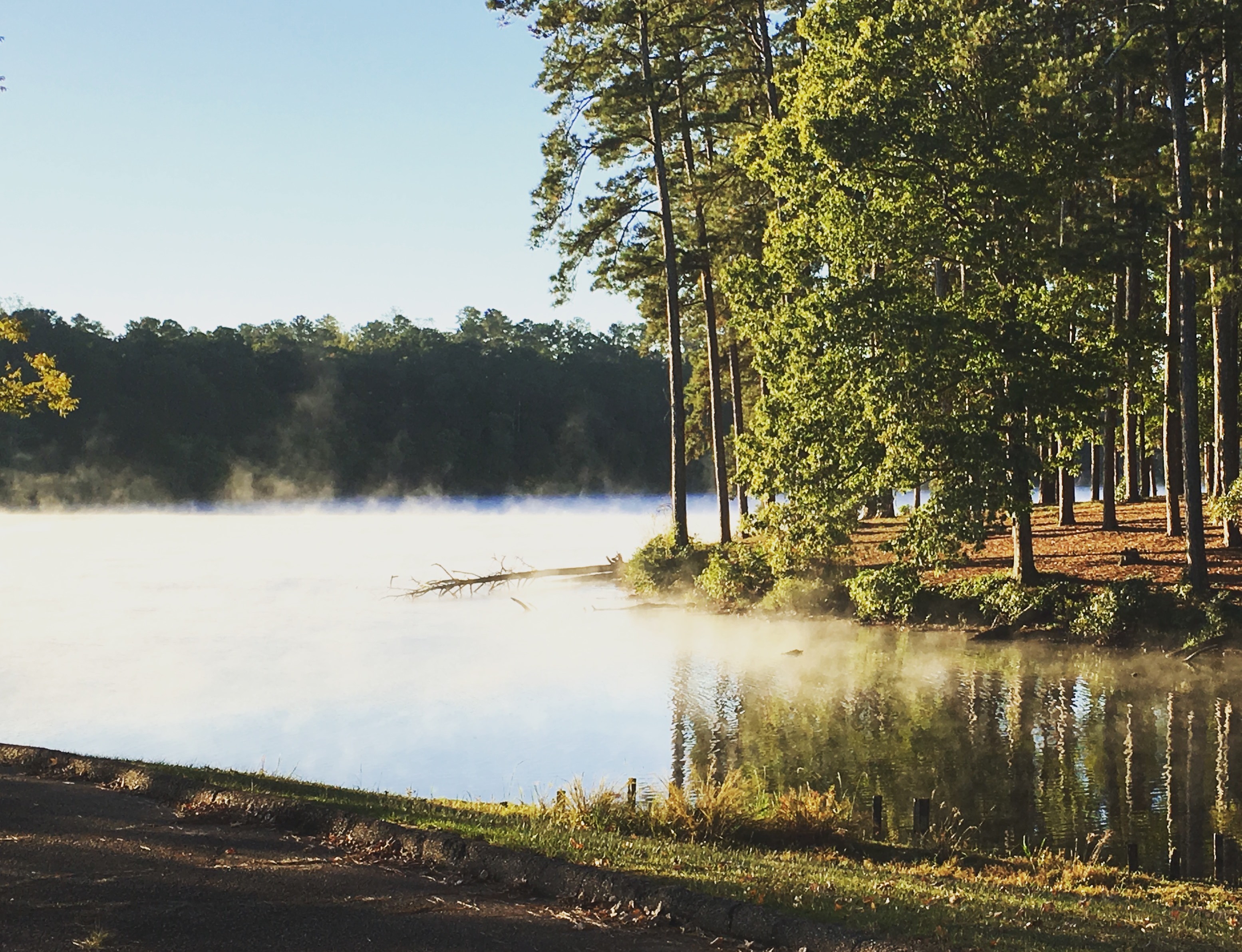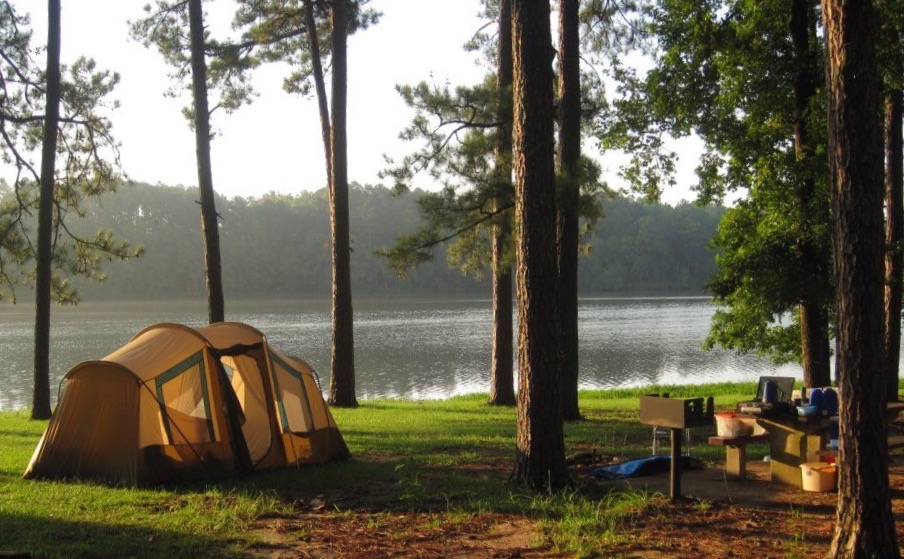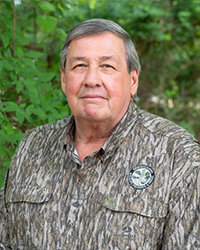
If you have questions about purchasing a license call 1-800-5GO-HUNT.
The mission of the Mississippi Department of Wildlife, Fisheries, and Parks is to conserve and enhance Mississippi’s wildlife, fisheries, and parks, provide quality outdoor recreation, and engage the public in natural resource conservation.
 Mississippi's legislative leadership recognized the need for wildlife conservation in our state and founded the Mississippi Game and Fish Commission in 1932. Since then, the Agency has been the state's premier conservation organization.
Mississippi's legislative leadership recognized the need for wildlife conservation in our state and founded the Mississippi Game and Fish Commission in 1932. Since then, the Agency has been the state's premier conservation organization.
In 1989, the Bureau of Parks and Recreation merged with the Mississippi Department of Wildlife Conservation to form the Mississippi Department of Wildlife, Fisheries, and Parks (MDWFP). The MDWFP is a large state agency charged by state statute to conserve, develop, and protect Mississippi's natural resources and provide continuing outdoor recreation opportunities.
The Agency is organized into six bureaus: Law Enforcement, Freshwater Fisheries, Mississippi Museum of Natural Science (MMNS), State Parks, Support Services, and Wildlife. The MDWFP manages state fishing lakes, fish hatcheries, state parks, wildlife management areas (some owned by other entities but managed by MDWFP), three regional offices, and one museum.
The MDWFP's annual budget is unlike that of many state agencies: Approximately 90% of our budget is derived from user-generated funds rather than state tax funds. Primary funding sources include hunting and fishing license sales, permit and registration fees, and federal excise taxes on hunting and fishing equipment.
 Over the decades, the MDWFP has:
Over the decades, the MDWFP has:

Union Church resident Lynn Posey was announced on September 24, 2022 as Tate Reeves' appointee for Executive Director of MDWFP. Posey is a former Mississippi Public Service Commissioner (2008-2016) and Mississippi State Senator (1988-2007).
“As a life-long outdoorsman, I relish the opportunity to move our state forward and turn the page to the next chapter of wildlife conservation and promoting outdoor recreation in our state,” Posey said. “The men and women of MDWFP do great work protecting and enhancing our lands and waters. I look forward to working with them.”
During his time as a legislator, Posey served for 16 years as chairman of the state Senate Committee on Wildlife, Fisheries, and Parks, and was instrumental in key legislation geared toward helping the state’s sportsmen. He spent a career serving the public and ensuring natural resources will be available for future generations. He played an important role in creating the Mississippi Sportman’s Caucus, establishing youth hunting seasons, and other legislation.
“I am extremely proud of the legislation that we passed, such as youth hunting weekends, the statutory protection of our right to hunt, fish, and trap, and scenic stream protection legislation,” said Posey after ending his time as chairman, “and I was especially proud to be a co-founder and chairman of the Mississippi Sportsmen's Caucus.”
Posey earned his bachelor’s degree in Political Science and a Master’s in Public Administration from Mississippi State University.

Curtis Thornhill
Deputy Executive Director

Brian Ferguson
Chief of Staff
The Mississippi Commission on Wildlife, Fisheries, and Parks is composed of five persons appointed by the Governor, with the advice and consent of the Senate, for a term of five years.